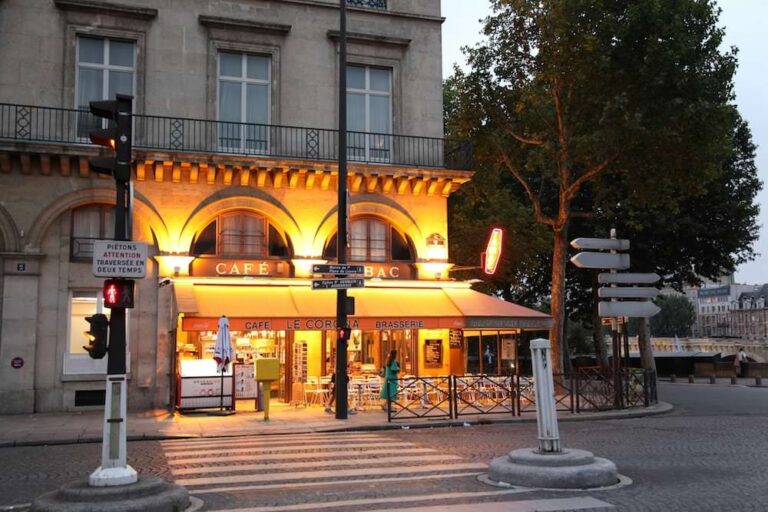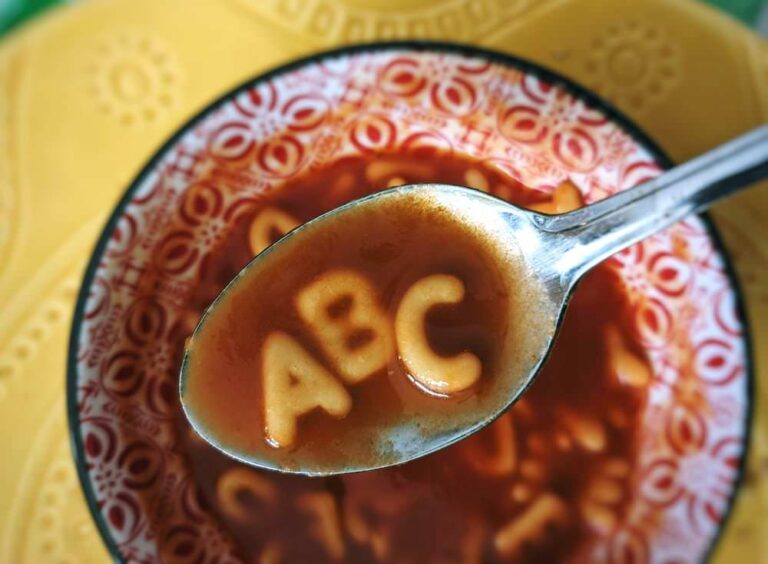avoir beau
The French expression “avoir beau” is a tricky one for learners, as it doesn’t translate directly into English. It is used to express the idea of doing something in vain, or trying hard to achieve something but not succeeding. In other words, no matter what you do, the outcome doesn’t change.
How “avoir beau” works
The construction of “avoir beau” is:
avoir (conjugated) + beau + infinitive
It’s important to note that “beau” doesn’t change to agree with gender or number because it’s part of this fixed expression.
Examples in different tenses
Let’s explore how “avoir beau” works with various tenses:
- Present tense
- Il a beau essayer, il n’y arrive pas. (He tries hard, but he can’t do it.) (Even though he tries, he can’t do it.)
- J’ai beau lui expliquer, il ne comprend pas. (I explain it to him over and over, but he doesn’t understand.) (Despite my explanations, he doesn’t understand.)
- Past tense (passé composé)
- Elle a eu beau chercher, elle n’a pas trouvé ses clés. (She searched and searched, but she didn’t find her keys.) (Even though she searched, she didn’t find her keys.)
- Imperfect tense (imparfait)
- Nous avions beau insister, ils ne voulaient pas nous écouter. (We kept insisting, but they didn’t want to listen to us.) (Despite our insistence, they didn’t want to listen to us.)
- Future tense
- Tu auras beau essayer, tu n’y arriveras pas sans aide. (You can try all you want, but you won’t succeed without help.) (Even though you try, you won’t succeed without help.)
- Conditional tense
- Il aurait beau expliquer, personne ne le croirait. (He could explain all he wants, but no one would believe him.) (Even though he explained, no one would believe him.)
Key points to remember
- “Avoir beau” expresses futility, so it often translates to phrases like “might as well,” “no matter how,” “even though,” or “despite” in English.
- The infinitive verb following “avoir beau” describes the action that is done in vain.
- Context is crucial for understanding the exact meaning.
More examples
- J’ai beau étudier, je n’arrive pas à retenir ce vocabulaire. (I study and study, but I can’t remember this vocabulary.) (Even though I study, I can’t manage to retain this vocabulary.)
- Ils auront beau protester, la décision est prise. (They can protest all they want, but the decision is made.) (Despite their protests, the decision is made.)
- Nous avions beau expliquer les règles, personne ne les respectait. (We explained the rules over and over, but no one respected them.) (Even though we explained the rules, no one respected them.)
By practicing these structures, you can become more comfortable using “avoir beau” in conversation. It’s a versatile expression that adds nuance to your French!






